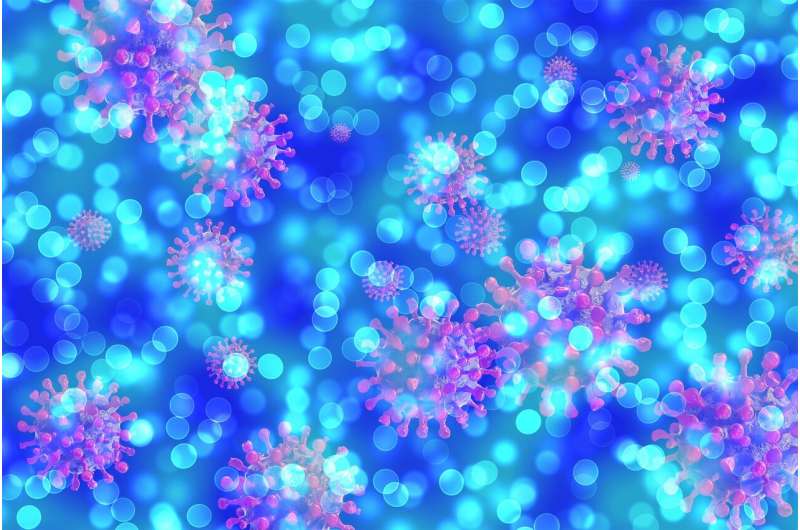COVID-19: Five Years Since Lockdown – Lessons Learned by Norway

Five years after Norway implemented strict lockdown measures in response to the COVID-19 pandemic, the country has gained valuable insights into the long-term effects of such interventions. On March 12, 2020, Norway recorded its first COVID-19 death, prompting swift action by government officials including Prime Minister Erna Solberg and Health Minister Bent Høie. They announced a nationwide lockdown, leading to the closure of educational institutions and the encouragement of working from home. While these measures aimed to curb the virus spread, they also brought unforeseen consequences.
Educational impacts have been particularly concerning. Studies conducted during Norway's transition back to normalcy revealed significant learning losses and increased school refusal among students. Data from 2022 showed a decline in civic engagement and motivation, with a notable rise in students who questioned their educational trajectories. Experts argue that although the pandemic was not solely responsible, lockdowns exacerbated negative educational trends, emphasizing the importance of avoiding school closures in future crises.
Mental health research underscores ongoing challenges, especially among young populations. The HUNT Study highlighted that while physical activity levels remained relatively stable, mental health issues such as depression increased, especially among young girls. This trend appeared to predate the pandemic but was intensified by it. Researchers stress the need for long-term studies to fully understand these impacts.
On a positive note, the pandemic accelerated the development of new vaccines and improved infection control awareness. The rapid creation of mRNA vaccine technology—shrinking vaccine development from a decade to under a year—has revolutionized vaccine production. This technology has proved crucial not only for COVID-19 but also for developing vaccines targeting diseases like respiratory syncytial virus (RSV) and various cancers, including melanoma and prostate cancer.
Despite the health challenges, behavioral changes after COVID-19 have been modest. Travel habits largely returned to pre-pandemic patterns, though more people now work from home. This shift has reduced traffic congestion and offers new opportunities for flexible work arrangements. However, managing remote teams has posed new difficulties for employers, with research indicating that allowing workers to decide where to work can lead to better productivity and satisfaction.
Overall, Norway's pandemic experience has taught the importance of balancing public health measures with societal and educational needs. The insights gained will inform future responses to health crises, emphasizing innovation, adaptability, and the collective effort to improve resilience.
For more information, visit source: Medical Xpress.
Stay Updated with Mia's Feed
Get the latest health & wellness insights delivered straight to your inbox.
Related Articles
Innovative Bedside Test Achieves Over 90% Accuracy in Sepsis Prediction
New portable blood test leveraging AI achieves over 90% accuracy in early sepsis detection, enabling faster treatment and improved patient outcomes.
Innovative Dual-Mode Tracer Enhances Prostate Cancer Surgery with Imaging and Auditory Guidance
A revolutionary dual-mode tracer combining fluorescence and radio-guidance promises to improve the precision and outcomes of prostate cancer surgeries by helping surgeons visualize and detect tumors more effectively.
Study Finds Gluten and Wheat Are Safe for Many IBS Patients Despite Self-Perceptions
A new study shows that gluten and wheat are safe for many individuals with IBS, with psychological factors often influencing perceived sensitivities. Proper support may improve management strategies.



